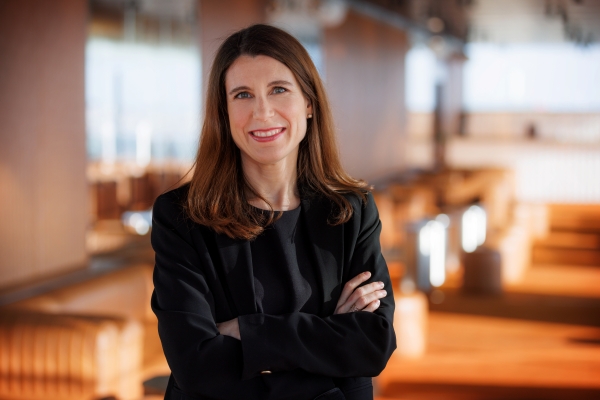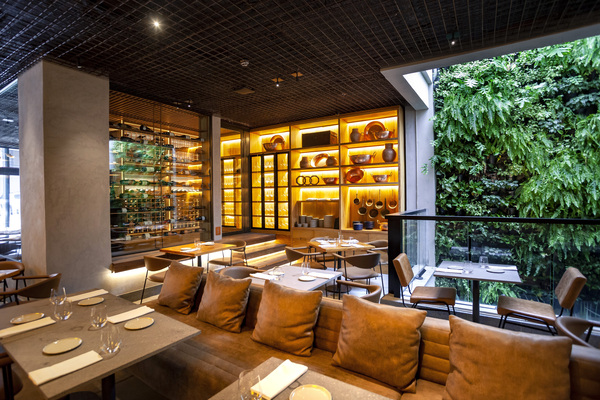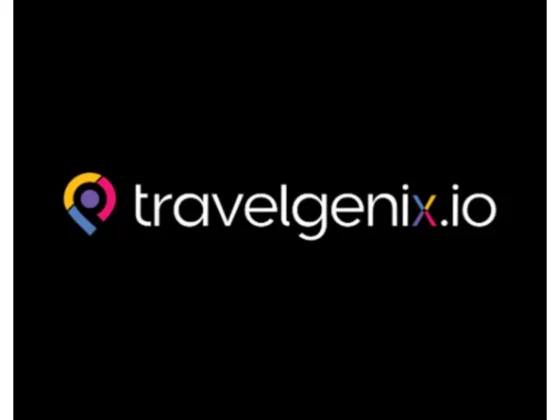Accor is a sprawling hospitality company with more than 45 brands, easily the most of any global lodging company and across disparate segments, from economy to luxury. It’s a lot to handle and responsibilities on the commercial, digital and technology front fall to one person: Alix Boulnois, a McKinsey & Company and Amazon alum, who joined Accor in 2020 as SVP of digital & innovation and in May was appointed chief commercial, digital and tech officer, with an overall charge to elevate the customer experience with the digital prism as the key lever.
HOTELS spoke with Boulnois about an array of topics, including loyalty, AI and how to balance direct business with OTAs.
HOTELS: How are you able to create a unified digital strategy that binds all the brands together or does the approach have to be separated and bespoke?
Boulnois: Managing more than 45 brands across every segment is both a challenge and a tremendous advantage. It gives us a breadth of data and guest insights that few companies can match. That’s why our digital strategy is built on a single guiding principle: the guest is always at the center. We need to adapt to their expectations, which vary from one segment to another, but also according to their culture, whether they travel for business or leisure and so on. This is in a context where the right technology is expensive and complex. It is therefore crucial to scale it.
We have been creating a unified digital strategy that powers personalization, loyalty and distribution, but we give each brand the room to express its own character. In practice, that means a guest booking a budget‑friendly weekend gets the same seamless, intuitive journey as someone planning a luxury retreat, but the experience feels tailored to what they want.
Personalization is a big piece of this. From the content you see on our websites to the offers you receive by email; we design everything to resonate with the guest’s profile and past experiences.

HOTELS: Prior to Accor, you spent seven years with Amazon, one of the most innovative, customer-centric, logistical companies ever conceived. What was the biggest thing you learned in your time there that you carried over to Accor?
Boulnois: My years at Amazon taught me many things, but the lesson I carry with me every day at Accor is simple: start with the customer and work backwards. We have two types of customers: the guests and the hotel owners. For me, that means making sure the guest and the hotel owner have a voice in everything we do, so our decisions are grounded in what they truly need and expect. And that includes bringing their perspective directly into our strategic conversations.
Another big takeaway is the importance of leading by example. I make a point to show my teams, clients and stakeholders what it means to be customer centric, accountable and proactive. It’s one reason our customer service department sits within my executive committee.
HOTELS: ALL Accor recently surpassed 100 million members. The loyalty program is the conduit or bridge that binds all the brands and hotels together. What is Accor doing specifically to strengthen the loyalty program and how does it go beyond points accumulation?
Boulnois: ALL Accor is a powerful driver of occupancy, revenue and direct bookings, which in turn helps reduce distribution costs while strengthening our owner relationships. But the real differentiator is that ALL Accor goes far beyond points; it touches our guests in their day-to-day life, like a daily companion that brings unique benefits and exceptional experiences creating emotional engagement that goes beyond a simple loyalty program.
We have built an extensive network of over 110 partnerships beyond travel with retailers, entertainment brands, financial services and more. These collaborations empower our members to connect with their passions and engage with the program in ways that truly matter to them, well beyond hotel stays. It’s about tapping into their passions, such as Novotel Suite experiences at Parc des Princes, which provides pitch-side access or meetings with players. This transforms loyalty into something that truly enriches everyday lives and fosters a deep attachment to the ALL brand and its values.

HOTELS: How is Accor leveraging AI and data to improve not only the guest experience, but those of associates working within the walls of your hotels?
Boulnois: We see AI as serving a dual purpose: It enhances the guest journey while also empowering our employees. The goal isn’t to replace the human touch but to free our people to focus on what hospitality is truly about: creating meaningful connections and delivering personalized service.
For our employees, we center our efforts on three pillars: growth, equipment and augmentation. That means empowering teams by giving them the tools and training they need and using AI as a co‑pilot for routine tasks. For example, AI assistants help hotel staff manage day‑to‑day operations and play a crucial role in facilitating operations, streamlining daily tasks and making our hotels run more efficiently. It can be integrated into our PMS for features like one-click check-in or to personalize the welcome experience, and it helps reduce administrative burdens by automating parts of the night audit.
Ultimately, we see AI as a transformative force in hospitality. It enables deeper personalization for guests while enriching the daily work experience of our associates.
HOTELS: Scaling as an asset-light company puts a major emphasis on technology. What areas are Accor specifically spending and focused on and how do you clearly communicate the benefits to owners?
Boulnois: Our commercial, digital and tech ecosystem isn’t just about driving performance today, it’s about embracing innovation to set the pace for tomorrow. As a franchisor, our role is to bring a profitable business model to our hotel owners by providing strong brands, a powerful and well-managed distribution network, differentiated direct channels and a loyalty program that drives repeat stays and guest engagement. Technology is the backbone of how we scale as an asset‑light company.
Looking forward, our major underlying technological projects include modernizing our entire distribution chain, implementing an API platform to enhance connectivity in data, AI and personalization and further differentiating our direct channels and loyalty program.

HOTELS: OTAs are the toothpaste that you can’t put back into the tube, spending vast amounts of money each year to cajole travelers to book through them. How is Accor working to drive a higher share of direct bookings, while also not turning its back on the OTAs?
Boulnois: We recognize that OTAs are a permanent part of the travel landscape and they play an important role in giving our hotels global reach and visibility. OTAs are key partners in our distribution strategy because they help us attract new customers, particularly occasional travelers or those who are less brand loyal. One of our top priorities is making Accor’s own channels the first choice for our guests. Our direct channels are specifically focused on repeat guests and our loyal members, encouraging them to return to our establishments without an intermediary.
Our strategy is about balance. On one hand, we work with global OTA leaders and key local partners to make sure our properties are accessible to travelers everywhere. On the other hand, we continue to strengthen our direct channels by offering guests more value when they book with us. To achieve this, ALL Accor is central, delivering unique benefits and increasingly rich daily experiences that OTAs simply can’t replicate. Ultimately, our strategy is about smart coexistence.
HOTELS: As we move through 2025 and into 2026, what will be the biggest digital trend to watch out for in hospitality and what, specific to Accor, should we look out for?
Boulnois: The biggest digital trend in hospitality will be the move from traditional search and booking funnels (i.e., a keyword-based model where content is pushed to users) to conversational AI platforms (i.e., a customer data-based model that pulls needs from dialogue). This paradigm shift will fundamentally alter how guests discover and book their travel experiences. By 2026, traditional search engine volume is expected to fall by about 25%, largely due to the rise of AI‑driven search agents and assistants. Travelers are moving away from the old linear “Google Search” funnel and toward dynamic, conversational models that feel more like a dialogue than a query box.
We’re leaning into this change in two big ways. First, we’re making sure our brands are highly visible and discoverable within these emerging AI‑powered recommendation systems. This includes forging strategic partnerships with major AI players across different regions to ensure our presence in these new digital landscapes. Second, we are committed to enabling seamless and intuitive direct booking experiences for guests directly through AI-powered platforms. We are actively revamping our own search experience, powering it with AI to offer a more intelligent and personalized journey for users on our direct channels.







